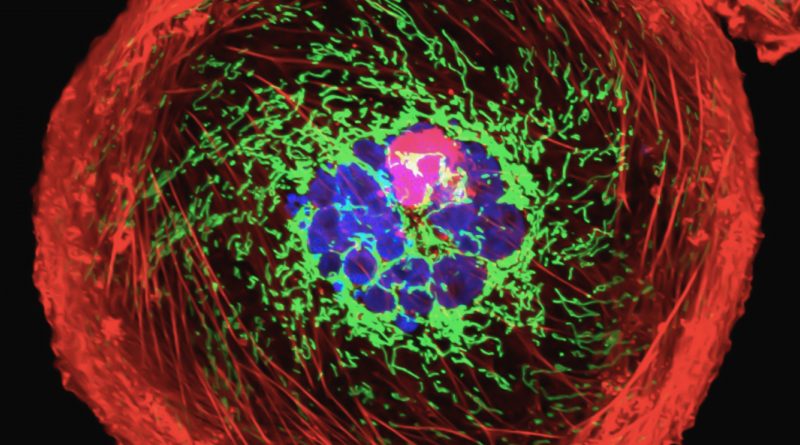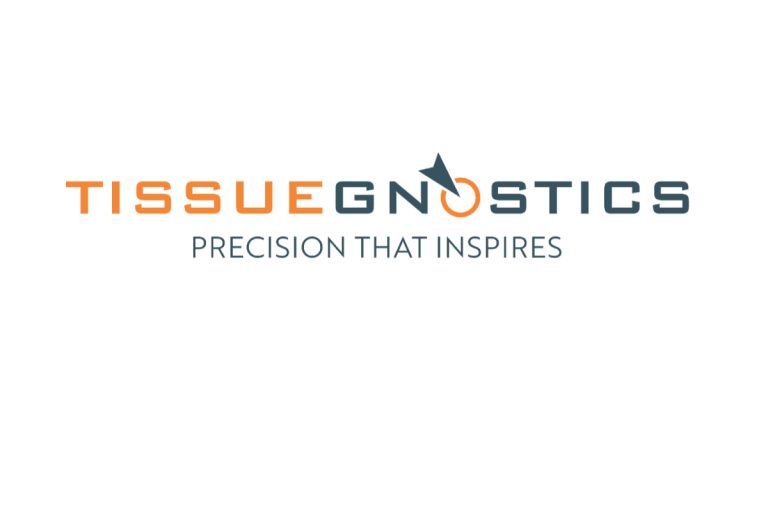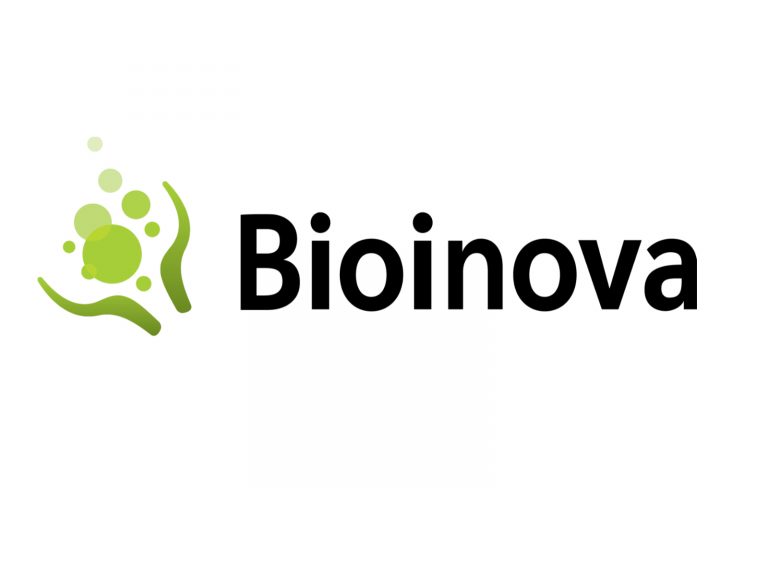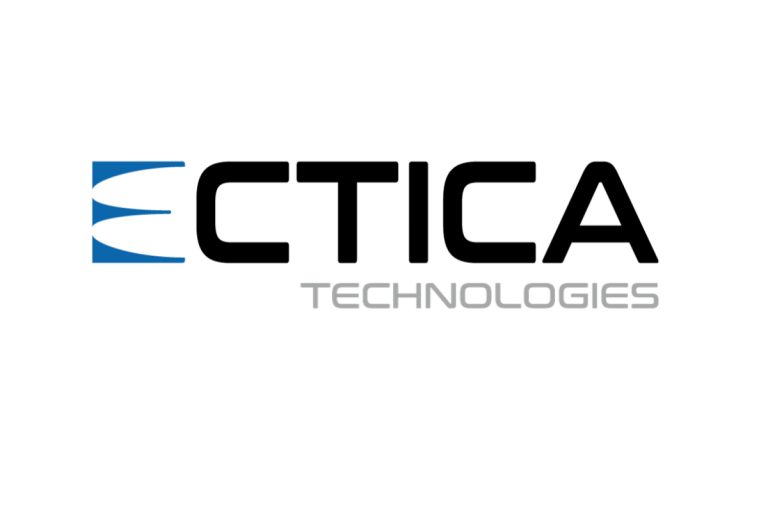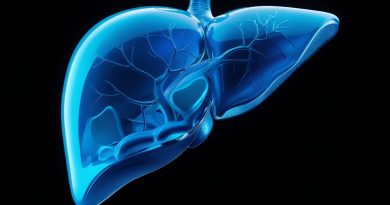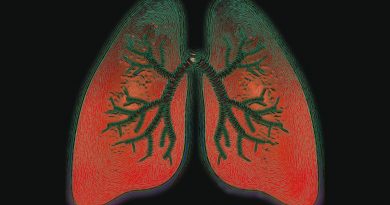EC Approves Merck’s KEYTRUDA® for Triple-Negative Breast Cancer
KEYTRUDA® has been granted approval as a first-choice treatment in combination with chemotherapy for patients with locally recurrent unresectable or metastatic TNBC. This is the first time KEYTRUDA has been approved in a breast cancer setting in Europe.
Merck’s anti-PD-1 therapy can now be used in the EU, in combination with chemotherapy for the first-line treatment of locally recurrent unresectable or metastatic triple-negative breast cancer (TNBC) in adults whose tumors express PD-L1 (Combined Positive Score [CPS] 10) and who have not previously received chemotherapy for metastatic disease. Triple-negative breast cancer is a particularly aggressive form of the disease.
The approval is based on the results of the Phase 3 KEYNOTE-355 trial, which found that KEYTRUDA in combination with chemotherapy (nab-paclitaxel, paclitaxel, or gemcitabine/carboplatin) significantly improved overall survival (OS), reducing the risk of mortality by 27% (HR=0.73 [95% CI, 0.55-0.95]; p=0.0093), and progression-free survival (PFS), decreasing the risk of disease progression or death by 34% (HR=0.66 [95% CI, 0.50-0.88]; p=0.0018) compared to chemotherapy alone in these patients,given that 38% of enrolled patients had tumors expressing PD-L1 with CPS ≥10.
KEYTRUDA® can now be used in all 27 EU countries
Dr. Vicki Goodman, vice president, clinical research, Merck Research Laboratories said:
“At Merck, we are committed to improving outcomes for people with difficult-to-treat cancers, such as TNBC, around the world and are proud of this first European approval for KEYTRUDA in a breast cancer setting. Now patients with metastatic TNBC who have tumors that express PD-L1 (CPS ≥10) in Europe have the new option of KEYTRUDA in combination with chemotherapy, a regimen that has shown significant improvement in overall survival. Today marks an important step forward in the treatment of this aggressive disease.”
This clearance authorizes all 27 European Union member states, as well as Iceland, Lichtenstein, Norway, and Northern Ireland, to market the combination with KEYTRUDA. Merck is dedicated to making significant advancements in breast cancer and other women’s malignancies. Through an intensive clinical development program for KEYTRUDA and numerous other investigational and authorized treatments in these areas, the company is rapidly pursuing a wide portfolio in gynecologic and breast cancers.
Data Supporting the European Approval
The approval was based on the results of KEYNOTE-355 (NCT02819518), a multicenter, randomized, placebo-controlled Phase 3 study in which 847 patients with locally recurrent unresectable or metastatic TNBC who had not previously received chemotherapy in the advanced setting were included.KEYTRUDA (200 mg every three weeks) with chemotherapy (investigator’s choice of paclitaxel, nab-paclitaxel, or gemcitabine/carboplatin) or placebo plus chemotherapy were given to patients in a 2:1 ratio. Treatment with KEYTRUDA or placebo in conjunction with chemotherapy was continued until disease progression, intolerable toxicity, or a maximum of 24 months, whichever came first. Chemotherapy might still be used to treat patients as per the standard of care. If the patient was clinically stable and receiving a therapeutic benefit as evaluated by the investigator, KEYTRUDA could be continued beyond RECIST-defined disease progression. OS and PFS were the two key efficacy outcome metrics. The objective response rate and response duration were used as secondary efficacy outcome indicators.In the study’s final analysis, median OS with KEYTRUDA + chemotherapy was 23.0 months (95 percent CI, 19.0-26.3) compared to 16.1 months (95%CI, 12.6-18.8) with chemotherapy alone. With KEYTRUDA with chemotherapy, median PFS was 9.7 months (95% CI, 7.6-11.3) compared 5.6 months (95% CI, 5.3-7.5) with chemotherapy alone.
KEYTRUDA’s in combination with chemotherapy has been evaluated in 2,033 patients with non-small cell lung cancer (NSCLC), head and neck squamous cell carcinoma (HNSCC), esophageal carcinoma or TNBC receiving 200 mg, 2 mg/kg bodyweight (bw) or 10 mg/kg bw KEYTRUDA every three weeks in clinical studies. In this patient cohort, the most frequent adverse reactions were anemia (52%), nausea (52%), fatigue (37%), constipation (34%), neutropenia (33%), diarrhea (32%), decreased appetite (30%) and vomiting (28%). Incidences of Grades 3-5 adverse reactions were 67% for KEYTRUDA plus chemotherapy and 66% for chemotherapy alone in patients with NSCLC; 85% for KEYTRUDA plus chemotherapy and 84% for chemotherapy plus cetuximab in patients with HNSCC; 86% for KEYTRUDA plus chemotherapy and 83% for chemotherapy alone in patients with esophageal carcinoma; and 78% for KEYTRUDA plus chemotherapy and 74% for chemotherapy alone in patients with TNBC.
About Triple-Negative Breast Cancer
Breast cancer that tests negative for estrogen hormone receptors, progesterone hormone receptors, and overexpression of human epidermal growth factor receptor 2 is known as triple-negative breast cancer (HER2). It’s a very aggressive kind of breast cancer with a significant recurrence rate in the first five years following diagnosis.TNBC affects around 10-15% of individuals diagnosed with breast cancer and it is more prevalent in those under the age of 40, who are Black, or who have a BRCA1 mutation.
About KEYTRUDA® (pembrolizumab) Injection, 100 mg
KEYTRUDA is an anti-programmed death receptor-1 (PD-1) therapy that works by increasing the ability of the body’s immune system to help detect and fight tumor cells. KEYTRUDA is a humanized monoclonal antibody that blocks the interaction between PD-1 and its ligands, PD-L1 and PD-L2, thereby activating T lymphocytes which may affect both tumor cells and healthy cells.
Merck has the industry’s largest immuno-oncology clinical research program. There are currently more than 1,600 trials studying KEYTRUDA across a wide variety of cancers and treatment settings. The KEYTRUDA clinical program seeks to understand the role of KEYTRUDA across cancers and the factors that may predict a patient’s likelihood of benefitting from treatment with KEYTRUDA, including exploring several different biomarkers.
Merck – Original Source – Press Release: European Commission Approves Merck’s KEYTRUDA® (pembrolizumab) Plus Chemotherapy as Treatment for Certain Patients With Locally Recurrent Unresectable or Metastatic Triple-Negative Breast Cancer (TNBC)
Related Articles
Recommended Companies
Ad
More Headlines

